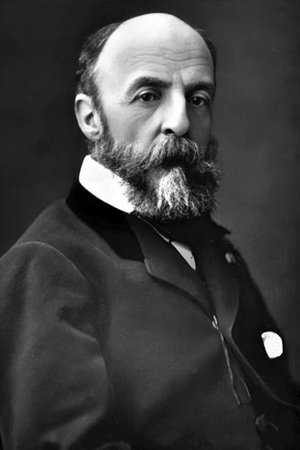Eugène Fromentin (1820-1876)
Alias:
Eugène Samuel Auguste Fromentin
يوجين فرومنتان
Birthplace:
La Rochelle, Charente-Maritime, France
Born:
October 24, 1820
Died:
August 27, 1876
Eugène Samuel Auguste Fromentin, born October 24, 1820 in La Rochelle (Charente-Maritime), where he died August 27, 1876, is a French painter and writer. He is one of the major representatives of orientalist painting. He is the son of Pierre-Samuel-Toussaint Fromentin-Dupeux (1786-1867), doctor and amateur painter, and Françoise-Jenny Billotte (1797-1867). After a brilliant schooling, Eugène Fromentin went to Paris in November 1839 where he obtained a law degree at the beginning of 1843. His father then gave him authorization to enter the studio of the painter Jean-Charles Rémond which he soon left for that of the landscaper Louis-Nicolas Cabat. In 1846, without the knowledge of his family, he visited Algeria with two friends and was thus able to fill his notebooks with sketches of the landscapes and inhabitants of North Africa, thereby joining the movement of Orientalism. Like Théophile Gautier, he had been fascinated by Prosper Marilhat's submissions to the Paris Salon of 1844. Fromentin sent three paintings to the Salon of 1847, accepted unanimously: Farm near La Rochelle, Mosque near Algiers and the Gorges de la Chiffa, then five paintings at the Salon of 1849, including a second version of Women of Algiers. He then obtained a second class award. Fromentin exhibited eleven paintings at the Salon of 1850, as well as in 1857, then participated regularly between 1859 (year of his 1st class medal) and 1869, as well as in 1872 and 1876. At the end of 1852, he carried out with Marie Cavellet Beaumont, married on May 18 of the same year, the second of her three trips to Algeria: an archaeological mission provided her with the opportunity to deepen her careful study of Algerian landscapes and customs. His notes allowed him, on his return, to give his paintings realistic accuracy. From a certain point of view, his works were as much a contribution to ethnology as pure works of art. In 1854, his travelogue A summer in the Sahara appeared in the Revue de Paris from June to December, which led to him being elected a corresponding member of the Academy of Belles-Lettres, Sciences and Arts of La Rochelle. In 1856, encouraged by rave reviews, he undertook the writing of A Year in the Sahel which was first published by L'Artiste, entitling its first part "Algiers, fragments of a travel journal" in 1857. La Revue des deux Mondes resumed publication from November to December 1858 under the title A year in the Sahel, diary of an absentee. Inspired by the great impossible love of his adolescence for a married neighbor, Dominique, published for the first time in the Revue des Deux Mondes from April 15 to May 15, 1862 and dedicated to George Sand, is, among the autobiographical novels of his century, one of the most remarkable. Fromentin, who did not see himself as a writer, would not publish any other work. However, he presented his candidacy to the French Academy, but failed on June 8, 1876 by 12 votes against 21 for Charles Blanc. After an illness of a few days, he died in his country house, in Saint-Maurice, a suburb of La Rochelle, on August 27 of that same year. He rests in the Saint-Maurice cemetery, close to his family and not far from Jenny Léocadie Chessé married Béraud (1817-1844), the young woman who inspired Dominique.





